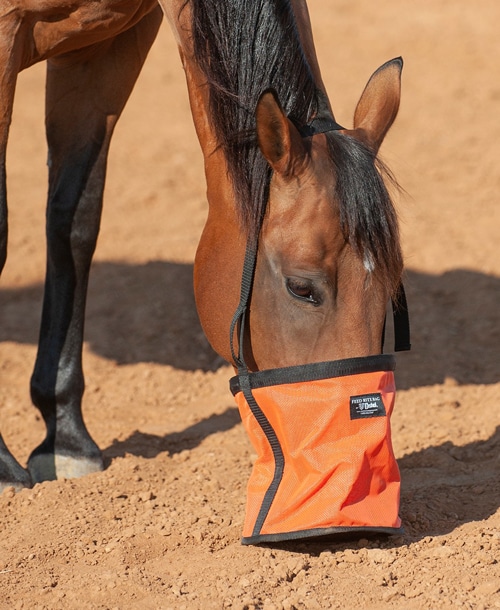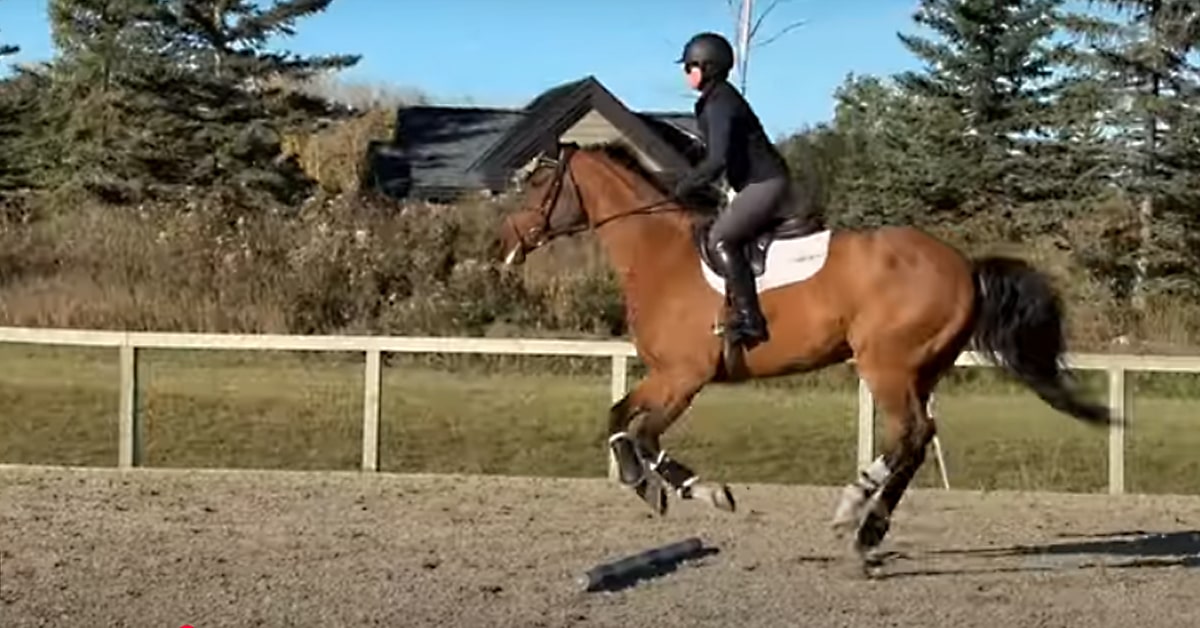A recent study in the Journal of Equine Veterinary Science indicates that providing feed to horses in group settings may support their well-being by promoting natural social behaviour. However, many owners are familiar with the complications that can arise, such as competition and aggression around feed.
To explore how meal frequency influences aggressive behaviour, researchers observed two herds of six horses each. Horses were given pelleted feed once, twice, or three times per day over a seven-day period. Each pen also contained hay nets supplying grass hay equivalent to 1.55% of body weight (dry matter) daily. Hay was provided 15 minutes before concentrate meals, which were offered at 0.45% of body weight (dry matter) using individual feedbags.
On the fifth day of each feeding schedule, researchers recorded behaviour during the morning pelleted meal. Actions were classified using an ethogram, and both the frequency and duration of specific behaviours were tracked over a two-hour window. Social rank was determined based on how often horses displaced others, or were displaced themselves.
Key outcomes of the study were:
- Before the morning meal, more dominant horses showed substantially higher levels of aggressive behaviour compared with after feeding.
- Offering pelleted feed three times per day led to more post-feeding aggression than feeding once daily.
- Displacements occurred more often when horses were fed three times per day than when they were fed once.
- Overall, the study found that smaller, more frequent concentrate meals tended to elevate aggression within group-fed herds.
To help minimize conflict, Ashley Fowler, Ph.D., a nutritionist at Kentucky Equine Research, recommends several management strategies:
– Group horses with similar feed requirements so they finish meals at roughly the same time.
– Space feeding stations widely, ideally at least three horse lengths apart.
– When possible, feed horses individually in stalls or similar setups, placing feed in opposite corners if partitions allow visibility.
– Use feedbags (more about this below) to ensure each horse receives its allotted portion.
Regular monitoring of body condition remains essential when horses share turnout and feeding areas, particularly when easy keepers and hard keepers live together. Easy keepers usually manage well on low-intake supplements or ration balancers, while hard keepers often need more calorie-dense feeds in larger amounts. If separating individuals is not feasible, feedbags or removing the hard keeper during meals can help ensure every horse receives appropriate nutrition.

Feedbags (such as this model by Cashel) have a multitude of uses, and can prevent ration theft.(cashelcompany.com photo)
Feedbags: A Simple Solution?
While they may evoke images of the Old West, with cowboys feeding their mounts after a long day on the trail, feedbags are actually experiencing a modern resurgence. These nosebags can be filled with grain or concentrates and attached to the horse’s head so it can eat in peace. This setup helps reduce feeding aggression, prevents feed waste, makes administering medication to pastured horses easier, and ensures hard keepers get their full ration while easy keepers avoid overeating. They can even thwart habitual bucket-destroyers!
Feedbags are ideal for horses on different diets or those with poor dentition, and they can also help prevent issues like sand colic that may arise when horses eat spilled feed off the ground. They are useful for feeding horses while travelling as well. Constructed from materials such as canvas or leather, most feedbags have a spill-proof design and are adjustable to fit horses of various sizes. Some include ventilation mesh that allows horses to drink safely. Prices range from about $20 to well over $100 each.
Users praise their practicality, but note a few drawbacks, including:
- You must wait until all horses have finished eating and remove the feedbags.
- Horses shouldn’t have access to water while eating if the bags do not include mesh to allow water to drain.
- Horses must be monitored to prevent a pawer from getting a foot stuck or the bag catching on a fence or tree.
- Feedbags require regular cleaning and should not be shared among horses.
The Latest









